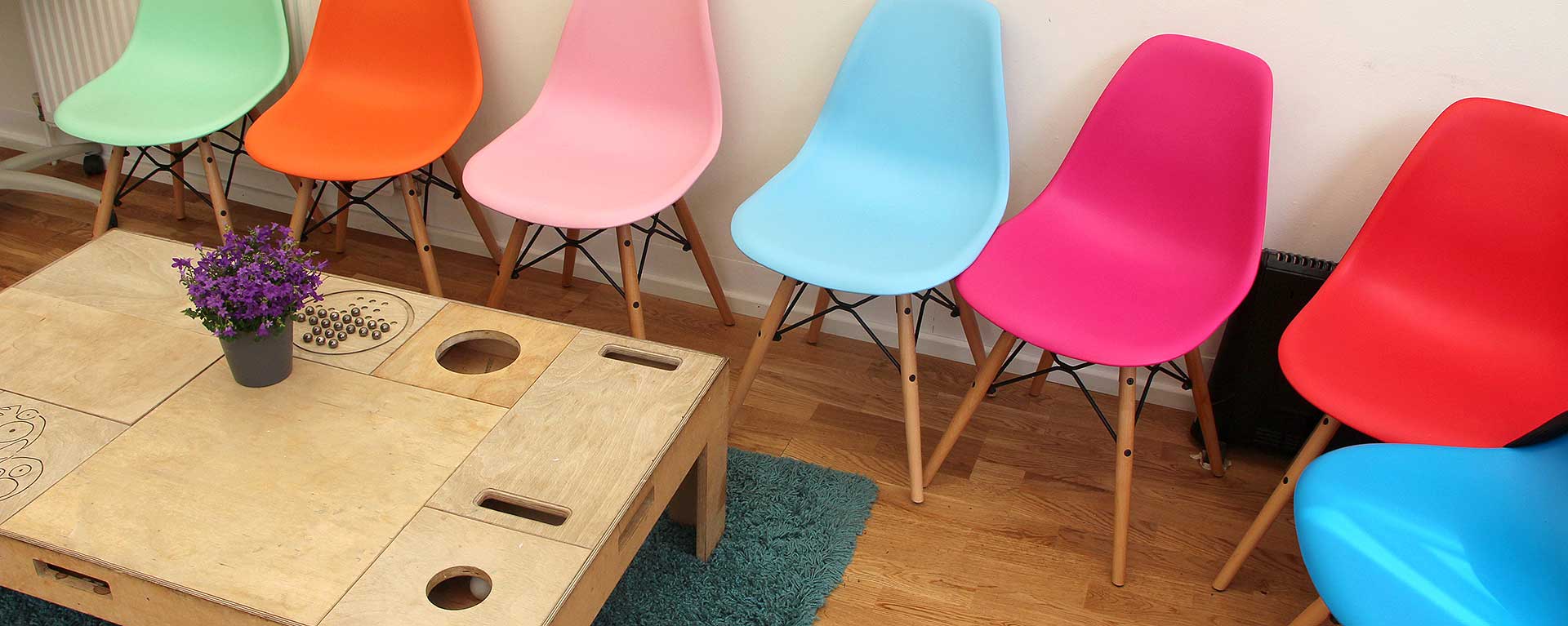Chandos Philosophy
Chandos exists to provide a safe setting where men are empowered and enabled to change the self-defeating, self-limiting and self-sabotaging behaviours associated with active addiction.
Chandos offers a community-based, holistic, integrative and abstinence-led approach to recovery.
Chandos is committed to offering a safe and supportive environment where everyone is treated with respect, regardless of race, age, sexual identity, HIV status, disability, religion or nationality.
A holistic philosophy is used in the care and treatment of all individuals which involves exploring aspects of lifestyle and relationships, and the choices and pathways into addiction. Understanding the background and the journey into addiction often holds the key to the journey out of addiction. Specialisations include:
We view addiction as a condition with identifiable and progressive symptoms. We maintain that it is a treatable condition and that ongoing recovery is possible where there is commitment to a healthy lifestyle and the safe, supportive environment necessary to enable personal change and development.

At Chandos we integrate psychological, physical and spiritual approaches to growth, change and recovery. Our treatment programme includes active therapeutic intervention through individual counselling, group work, workshops, complementary and recreational therapies. Learning is emphasised through experience and feedback.
- Men’s issues and masculine psychology
- Addictive relationships (family, partners, professional)
- Addiction and substance misuse in general
- Co-dependency (boundary issues)
- Adult children (from dysfunctional families)
Talking therapies are central to the programme, but we know that talking alone will not be enough to effect long-lasting change. There are many ways to learn and re-discover the self and life also has to be fun. Other key elements of the programme include:
- Creative workshops (cooking, writing, games, drama, singing, music, dance and movement)
- Complementary therapies (counselling, group work, nutritional therapy, homeopathy, yoga, massage and acupuncture)
- Physical activity (climbing, archery, sports etc)
